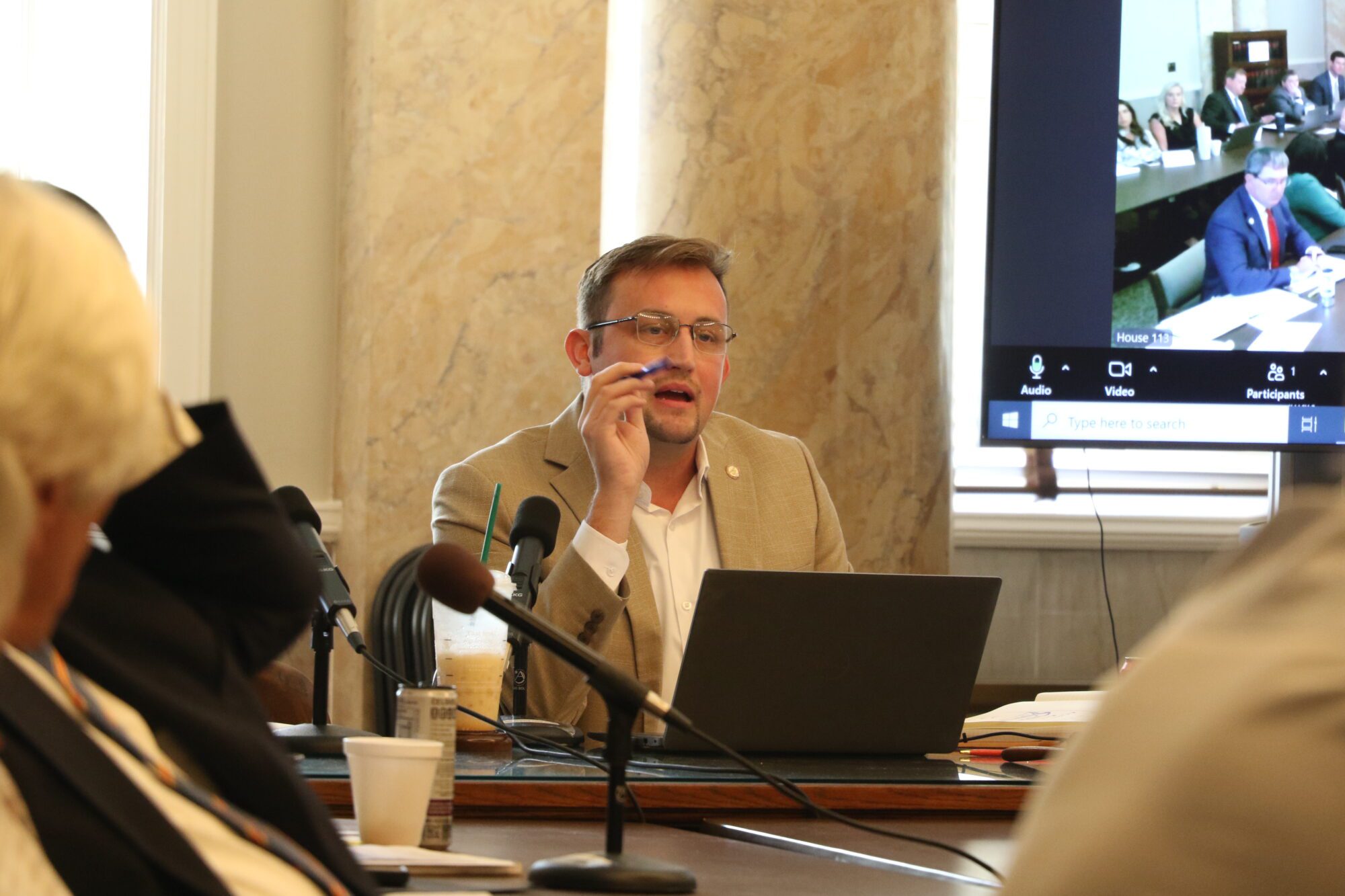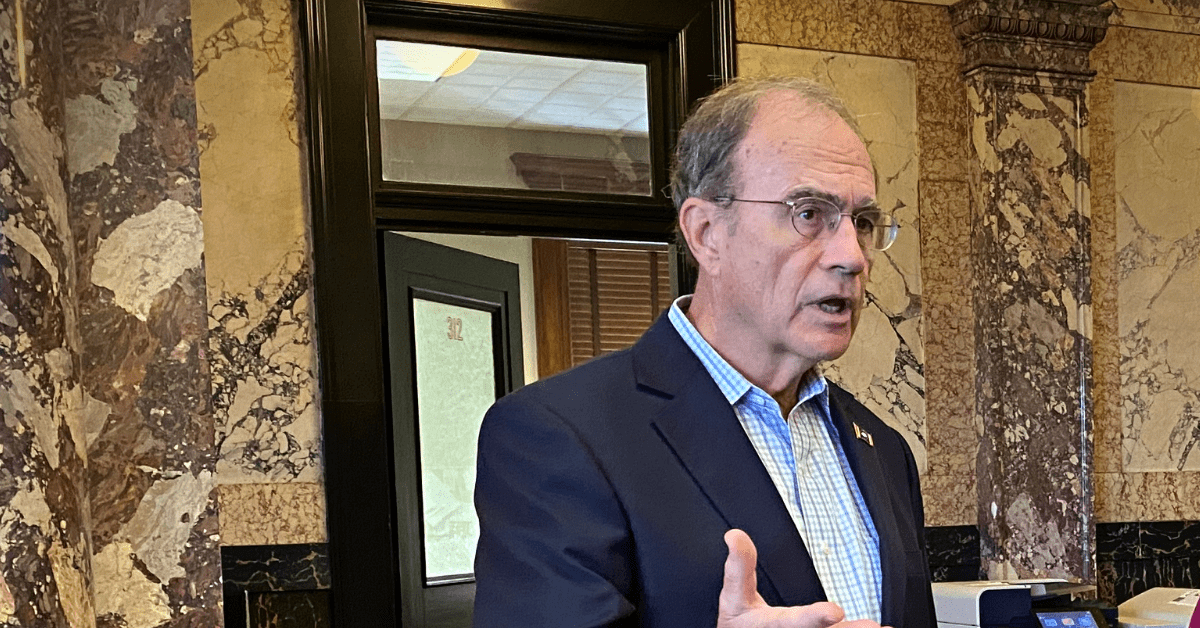
- NetChoice, a trade association with members such as Google, Meta and more, claims the “Walker Montgomery Protecting Children Online Act” violates the First Amendment.
A hearing is set for Wednesday in the U.S. District Court for the Southern District of Mississippi regarding NetChoice’s request for a preliminary injunction to halt HB 1126, otherwise known as the “Walker Montgomery Protecting Children Online Act.”
Mississippi lawmakers passed the legislation this year in unanimous bipartisan votes in both chambers. It requires social media platforms to make reasonable efforts to prevent or mitigate children’s exposure to potentially harmful content while using the platforms.
Governor Tate Reeves (R) signed the bill in late April with an effective date of July 1.
The measure was authored by State Rep. Jill Ford (R) in response to the tragic death of 16-year-old Walker Montgomery of Starkville after someone he met online asked for money. When Montgomery said no, the online predator threatened to release a sexually explicit video of him. After continued pressure by the predator, Montgomery took his own life in 2022. Following an investigation which included assistance from the FBI, it was revealed that the individuals preying on the teen were overseas. Other instances of predatory activity on minors in the area were also reported.
READ MORE: Mississippi legislation seeks to protect children, teens from online predators
Earlier this month, NetChoice filed a lawsuit – NetChoice v. Fitch – challenging the new Mississippi law. The trade association, which states that it advocates for free enterprise and free expression on the internet, has filed legal challenges in other states such as Ohio, California, Utah, Georgia, and Arkansas related to similar legislation.
NetChoice boasts that its members include Amazon; Google, owner of YouTube; Snap Inc., the parent company of SnapChat; Meta, which owns Facebook and Instagram; Netflix; X; and other prominent online platforms.
According to their filing, NetChoice claims that the Mississippi law violates citizens’ constitutionally protected rights, endangers their online privacy and security, and thwarts their rights to make decisions for their family as they deem appropriate.
Chris Marchese, Director of the NetChoice Litigation Center, said in a statement that HB 1126 “conditions Mississippians’ access to protected speech on handing over their sensitive, personal data.”
“While violating the First Amendment, this also jeopardizes the security of all Mississippians, especially minors, by requiring them to surrender sensitive, personal information and creates a new target for hackers and other criminals to exploit,” Marchese said.
HB 1126 states that a digital service provider is not to permit an account holder who is a known minor to be an account holder unless the known minor has the express consent from a parent or guardian. To gain that consent, the law outlines methods of obtaining express consent of a parent or guardian including through a form the parent can sign, a toll-free telephone number or video conference for the parent to call, collecting information from a government-issued ID that is later deleted, responding to an email, or other “commercially reasonable” means.
“The truth is that even the most diligent of parents can use help protecting their children online, and it’s time that these platforms start prioritizing our children’s safety,” said State Rep. Ford, as previously reported.
NetChoice argues that if HB 1126 goes into effect, Mississippi parents will be removed as decision-makers for their children online and replaced by the government.
“Parents and guardians, not politicians, should be in charge of their children’s online experience,” the trade group said in a statement.
In conjunction with HB 1126, lawmakers in Mississippi also passed HB 1196 this year, a bill that creates the offense of sexual extortion and aggravated sexual extortion, often termed “sextortion.” That legislation, also named in memory of Montgomery, was authored by State Rep. Rob Roberson (R). It was signed into law by Governor Reeves in April as well.











